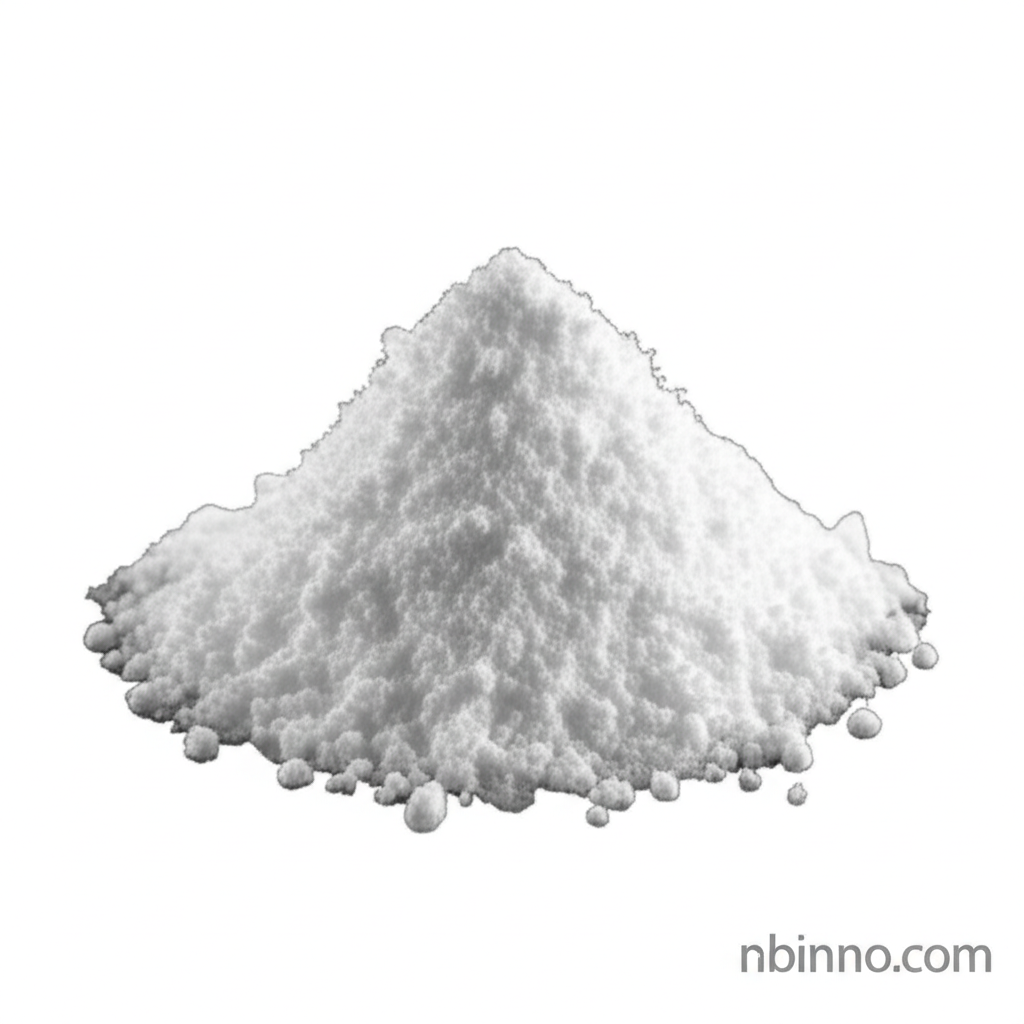Doxorubicin Hydrochloride: A Comprehensive Guide
Discover the vital properties, mechanisms, and research applications of this essential antitumor agent.
Get a Quote & SampleProduct Core Value

Doxorubicin Hydrochloride
Doxorubicin Hydrochloride is a highly effective antitumor antibiotic agent recognized for its potent inhibition of DNA topoisomerase II. It plays a critical role in cancer treatment protocols by acting as a DNA intercalator and inducing apoptosis in malignant cells.
- Understanding what doxorubicin hydrochloride is used for reveals its critical role in various cancer treatments.
- The doxorubicin hydrochloride mechanism of action involves disrupting DNA replication and inducing cell death.
- Research applications for doxorubicin hydrochloride are extensive, particularly in oncology and drug discovery.
- Analyzing the doxorubicin hydrochloride side effects is crucial for patient management and treatment planning.
Key Advantages
Potent Cytotoxicity
Its ability to inhibit DNA topoisomerase II makes it a powerful tool for targeting rapidly dividing cancer cells, aligning with research into novel doxorubicin hydrochloride uses.
Induction of Apoptosis
The drug effectively triggers programmed cell death in cancer cells, a key aspect explored in studies on the doxorubicin hydrochloride mechanism of action.
Versatile Research Tool
It serves as a vital compound for investigating DNA repair pathways and cell cycle regulation, highlighting its broad doxorubicin hydrochloride research applications.
Key Applications
Oncology Therapeutics
As a cornerstone in chemotherapy, understanding what doxorubicin hydrochloride is used for is vital in treating numerous cancers.
Mechanism of Action Studies
Detailed investigation into the doxorubicin hydrochloride mechanism of action provides insights into DNA damage and repair processes.
Drug Development
Its use in clinical trials and as a reference compound aids in the development of new anticancer agents, demonstrating its significant doxorubicin hydrochloride research applications.
Cellular Biology Research
Researchers utilize Doxorubicin Hydrochloride to study cellular responses to DNA damage and explore strategies to mitigate doxorubicin hydrochloride side effects.
